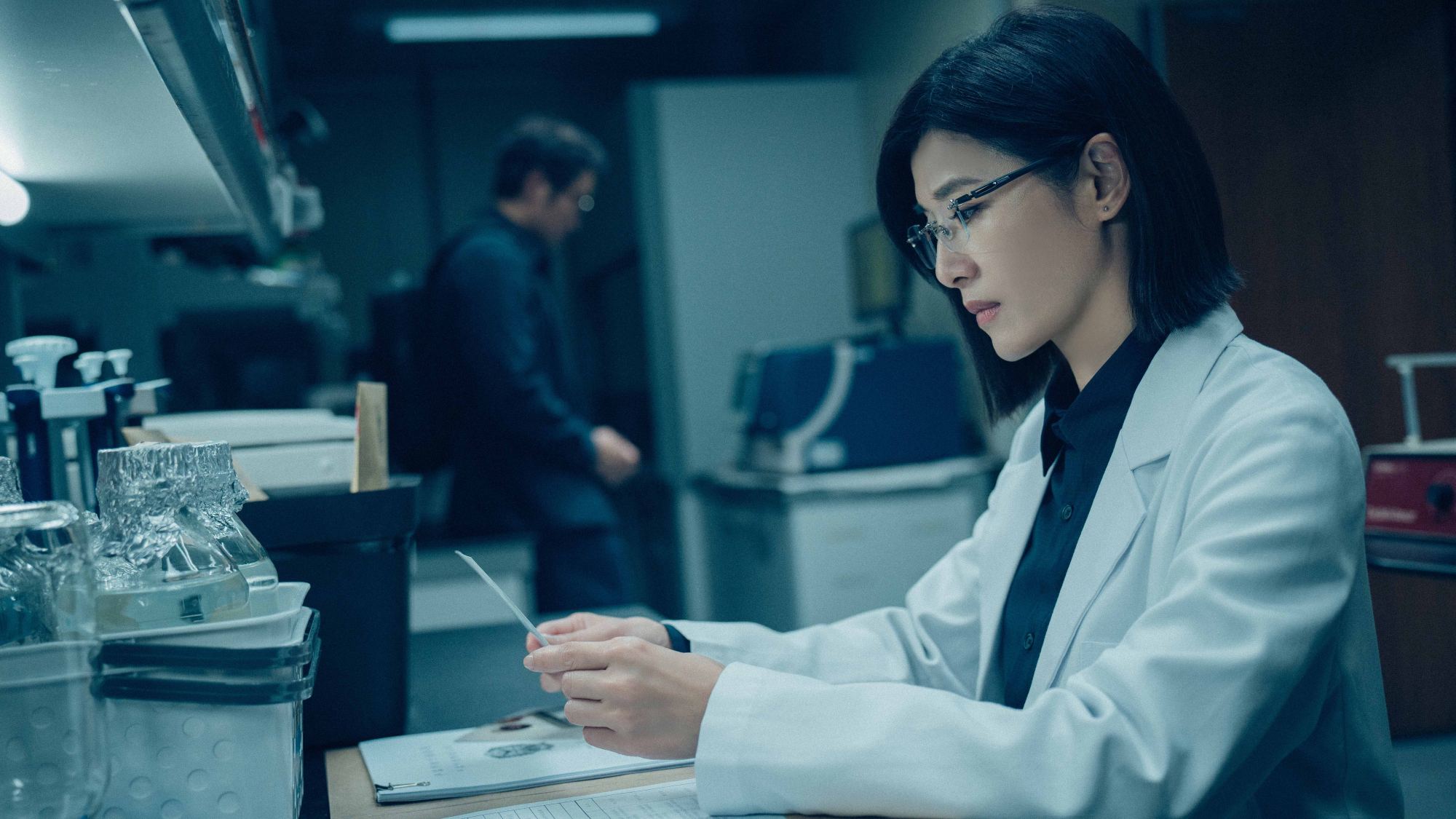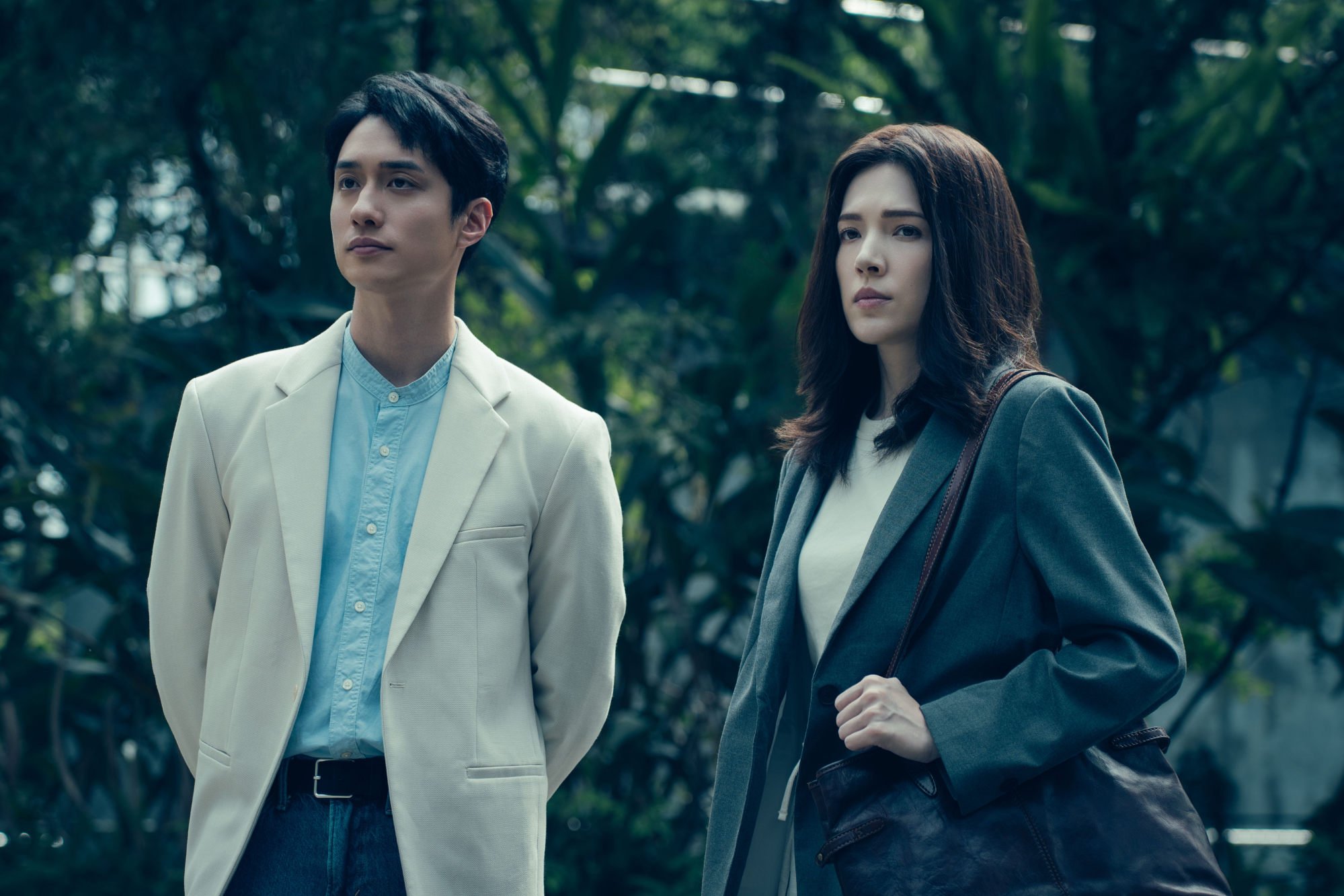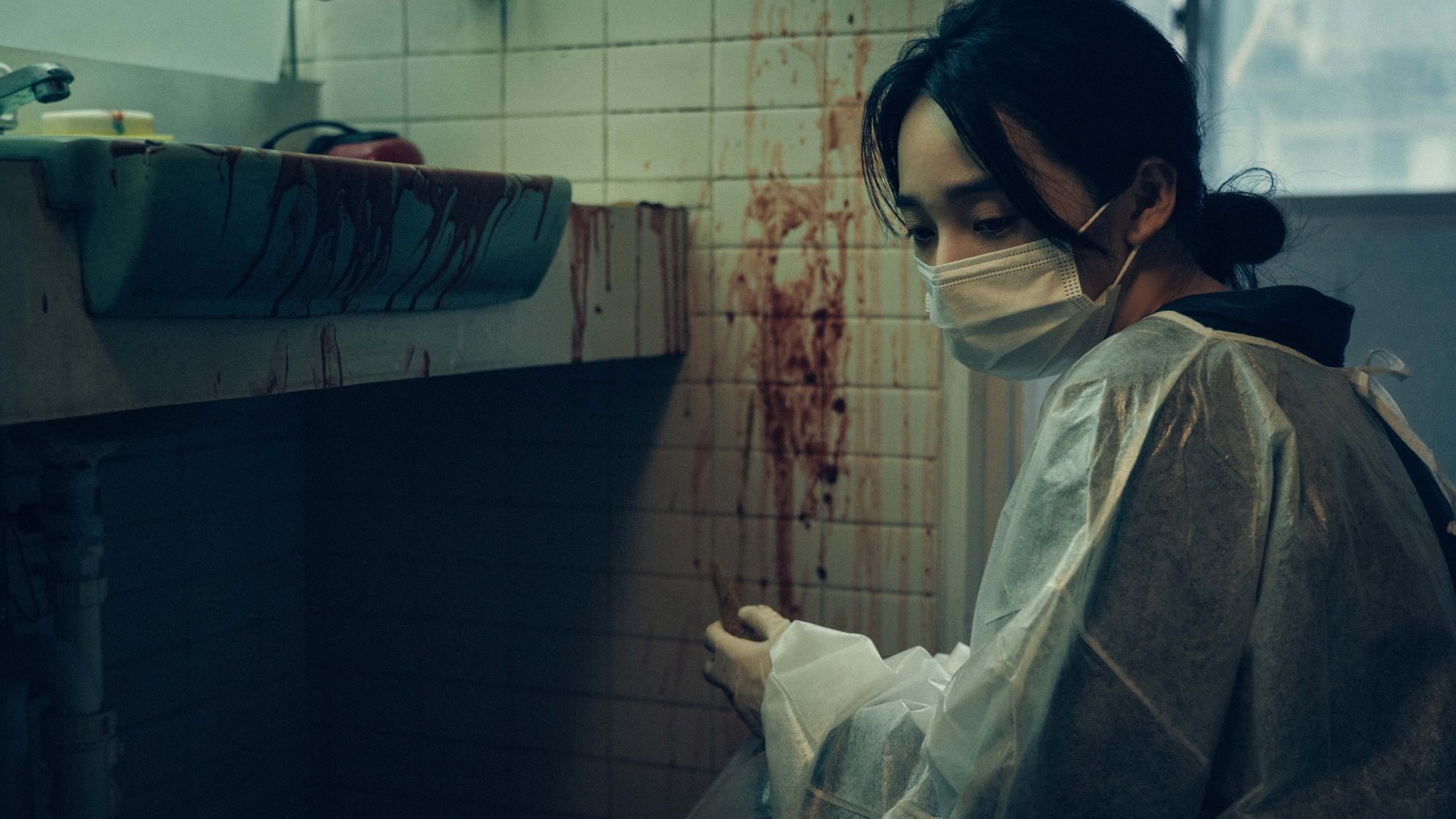
Review | Netflix drama review: The Victims’ Game season 2 – unconvincing Taiwanese murder thriller
- Joseph Chang’s detective seeks answers to a 15-year-old murder mystery in series that sacrifices storytelling in favour of slick production
2/5 stars
This time, detective Fang Yi-jen (Chang) is tasked not only with tracking down another violent serial killer, but also clearing his own name after he is implicated in a string of grisly murders.
The action picks up with Fang no longer working for the police force, and attempting to establish an ordinary domestic life with Hsu and Hsiao-meng.
Fang, who signed off on the case, is called in to assist but soon becomes the prime suspect when he is the only person found at the scene of another death – that of the mother of one of the teenagers, who had claimed she could prove they were murdered.
Determined to clear his name and that of his mentor, Fang forms an alliance with medical examiner Hsueh Hsin-ning (Tarcy Su) to investigate what really happened.
Before long, more bodies start piling up – including that of a pop singer played by Karencici. In each case, the victim had a different organ surgically removed from their body, which was then mailed to a family member as a grotesque keepsake.
Fang soon discovers that all of the victims were high-school classmates of the two young lovers.

While all this is unfolding, Hsu is suffering from a crisis of conscience and abandons her career as a tabloid reporter to work for a rehabilitation centre. Run by Lin Ming-cheng (Hong Kong actor Terrance Lau Chun-him), the son of Fang’s mentor, the centre appears to offer shelter and support for the kind of people Hsu used to write about.
Hsiao-meng also finds herself a new job cleaning up violent crime scenes but, inevitably, both women are drawn into Fang’s investigation.
Directed once more by David Chuang and Chen Kuang-chung, season two is every bit as grungy and gruesome as its predecessor and just as convoluted. The show attempts to juggle numerous characters and subplots simultaneously, while retaining an air of mystery and a breakneck pace.
An increasing number of flashbacks to 15 years earlier, featuring a separate cast of actors including Phoebe Chu and Troy Liu as the young victims, only clutters proceedings further.

The relentless barrage of names, theories and forensic details eventually becomes overwhelming, while the writers rely heavily upon unlikely coincidences and contrived motivations to mislead the audience, rather than weave a genuinely complex storyline.
This heady combination of crime-scene drama and police procedural is a tried-and-tested formula the world over, and central to the show’s international appeal – but there is no denying that the ride is more fulfilling than the end point, and is clearly where the attention of the show’s creators lie.
The deeper we get into the mystery, the more infuriating the plotting becomes, with logic sidelined in favour of a shocking revelation or lucky escape – regardless of how little sense it makes.
It is almost de rigueur for the protagonist of a detective series to sport some kind of physical or mental affliction that pushes them to the fringes of society yet gives them a unique perspective that helps them see what nobody else can.

Fang’s Asperger’s syndrome, a form of autism, makes him a social outcast, yet heightens his powers of deduction, particularly when viewing violent crime scenes.
Chang is less than wholly convincing. His performance is often reduced to twitching and incomprehensible mumbling – a far cry from Benedict Cumberbatch’s showboating powers of deduction as Sherlock, to cite just one obvious influence.
Elsewhere, melodrama takes over as characters become mere mouthpieces, with Tiffany Hsu as Hsu in particular reduced to the role of perplexed bystander for much of the season, while Tarcy Su’s Hsueh inherits the role of prime sidekick to Fang.
The best detective stories leave audiences guessing until the last moment, but in The Victims’ Game, twists are either clumsily signposted from the get-go, or appear so far out of left field as to defy explanation.
The result is a mystery that is polished and slickly executed, but where the real victims are logic and coherent storytelling.
The Victims’ Game season two will start streaming on Netflix on June 21.

